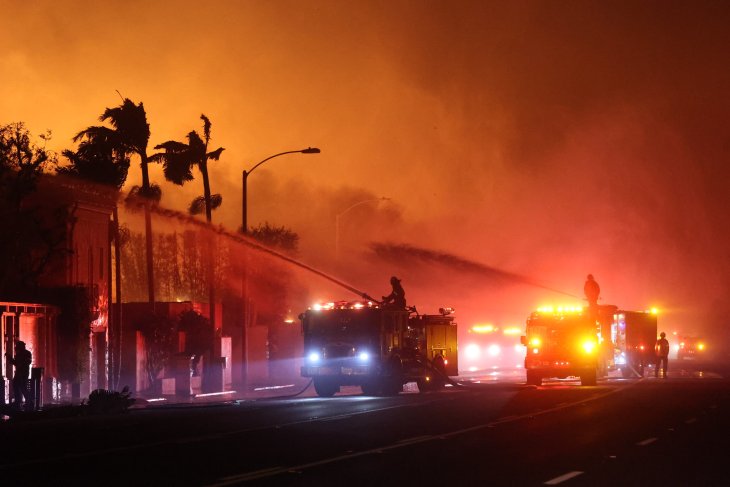New Report by the UCLA Center for Health Policy Research highlights the connection between lack of affordable housing, delayed access to healthcare and food insecurity
A new report published by the UCLA Center for Health Policy Research highlights the strong connection between the lack of affordable housing and residents’ access to health care in California.
The study, based on responses to the 2021 California Health Interview Survey, reveals that 1 in 10 adults in the state, or approximately 3 million people, faced difficulties in paying for housing this year. Renters, in particular, were more vulnerable, with 18.6% reporting struggles to pay their landlords, compared to only 5% of homeowners who faced similar difficulties. Housing instability was also an issue for 4.4% of California adults.
The report indicates that these factors had a negative impact on people’s use of healthcare resources, with 33.6% of adults who experienced housing affordability issues delaying needed medical care. Additionally, 15.5% of adults who struggled to afford housing reported not having health insurance, compared to 6.8% of those who did not experience challenges with housing costs. Sean Tan, a senior public administration analyst at the center, explains that housing issues are public health issues because of how they affect people’s overall health and well-being. He notes that people struggling to pay for housing tend to cut back on health care and basic necessities, leading to poorer health outcomes.
The report also reveals disparities among different groups, with noncitizen residents, Black or African American adults, and Latinos being more likely to struggle with housing costs than white adults. Lesbian, gay, and bisexual adults and transgender or gender-nonconforming adults also reported higher rates of difficulty paying for housing.
“There is an urgent need to address the issue of housing affordability in California,” said Ninez Ponce, director of the center and principal investigator of the California Health Interview Survey. “State representatives and policymakers must prioritize California’s marginalized communities, who are struggling to gain access to basic human needs.”
The authors of the report suggest that addressing the issue of housing affordability in California will require a combination of measures, including strengthening renter eviction protections, funding more affordable housing developments, and eliminating barriers to building affordable housing. Ninez Ponce, the director of the center and principal investigator of the California Health Interview Survey, emphasizes the need to prioritize California’s marginalized communities, who are struggling to gain access to basic human needs.























